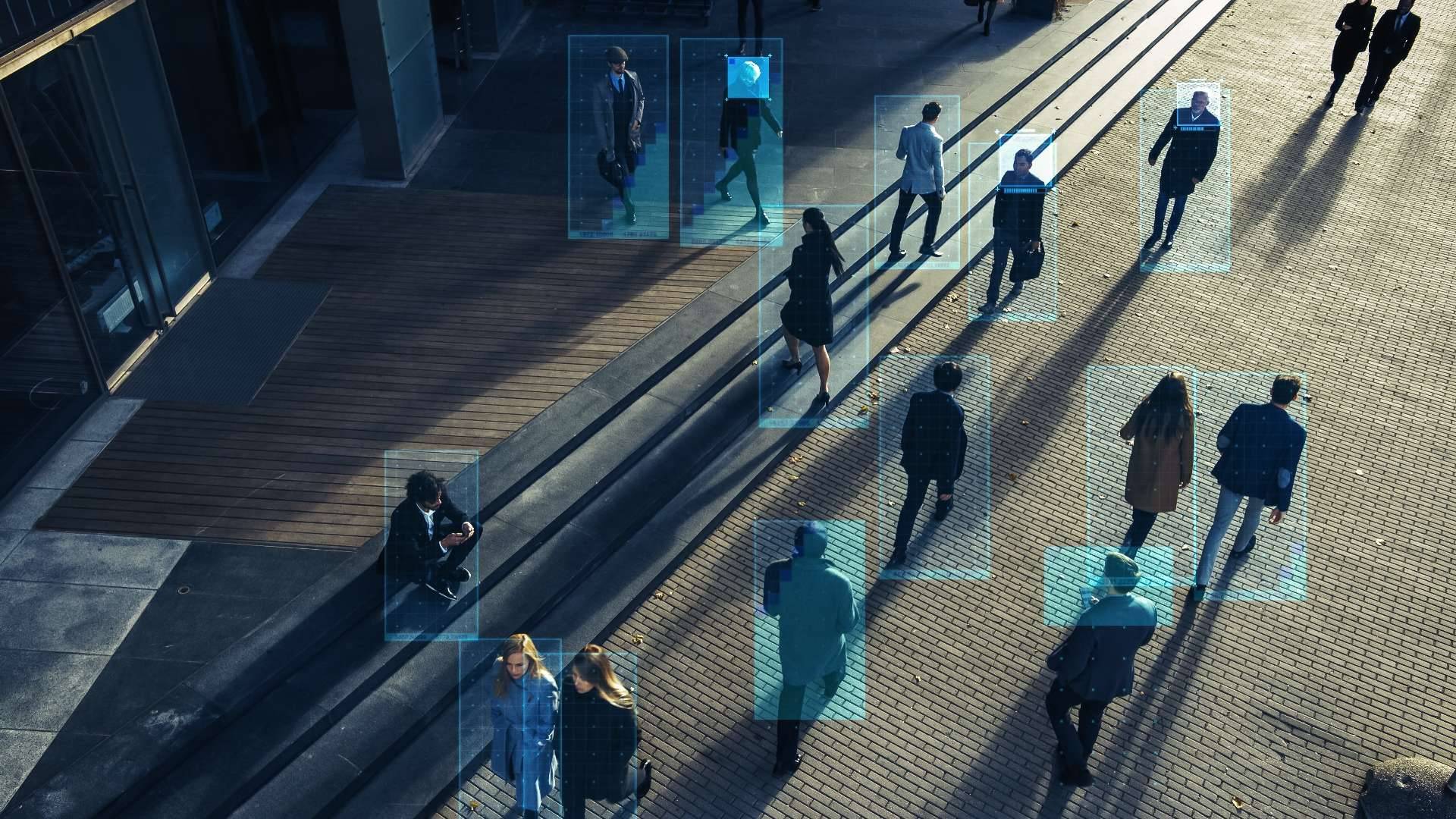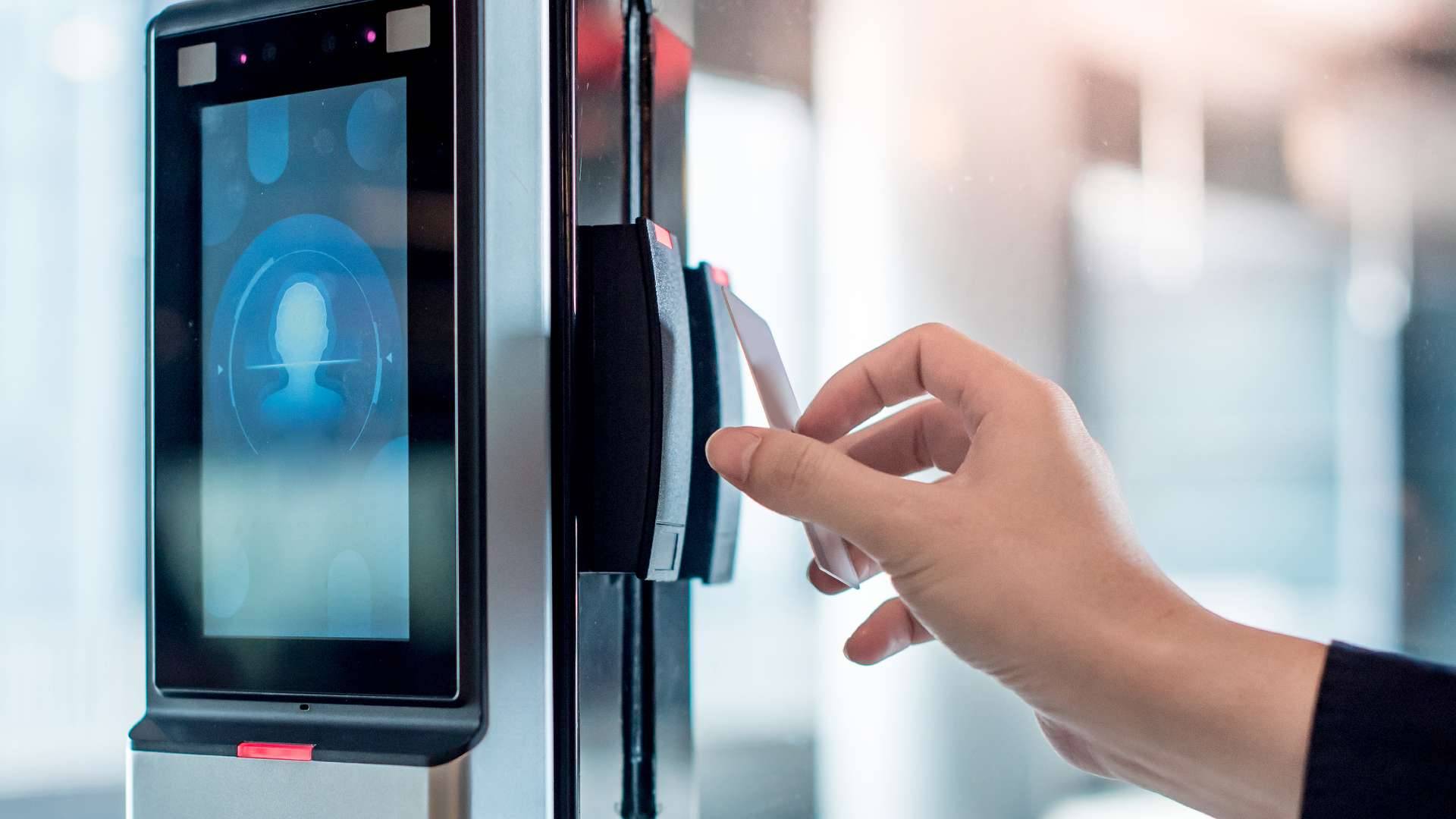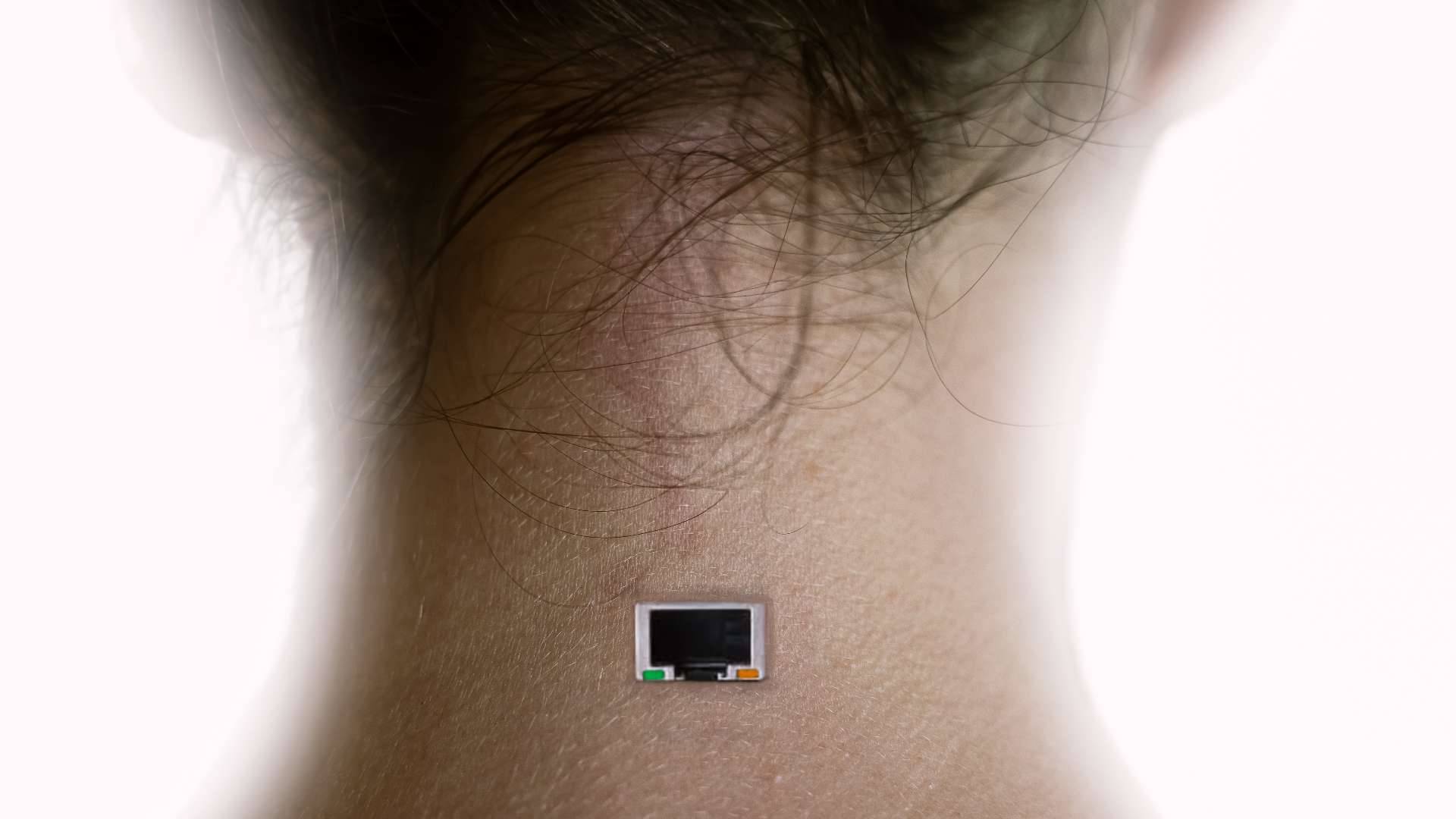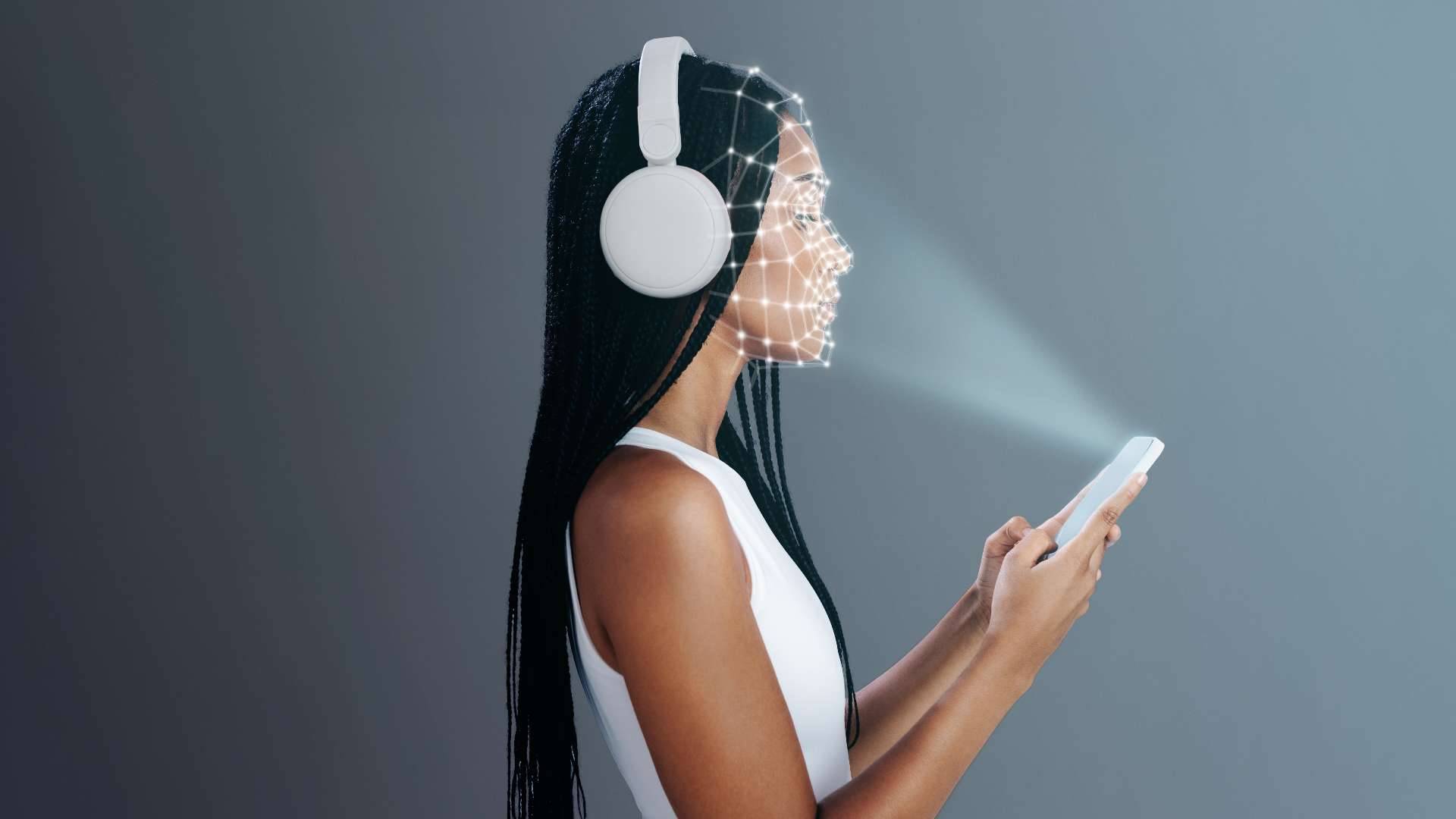
Futures of Digital Identity
ARTICLES | May 12, 2023
Digital identity verification has become a vital issue tied to other topics such as population rights, cashless transactions, and digital footprints as individuals and consumers. Reports suggest that if a country can encourage at least 70% of its population to have a digital identity, it boosts its economic potential by 50-70%.
Global digital identity verification will have an estimated economic value in 2026 of $16 billion with 103% growth during 2021 - 2026. Several digital identity verification approaches have been implemented, such as multi-factor authentication and biometrics, such as the face, iris, voice, or fingerprints. Yet data and digital identity forgery and crime incidents continue, especially in healthcare. Digital crime in the medical field alone in 2021 reportedly rose 71% from 2020.
Research by Foresight Center by ETDA projects 4 future scenarios for digital identity authentication in Thailand in 2032:

1. Smart Proof of Existence indicates the future with the current direction. Personal information, transactions, and receiving government services will be recorded and stored in a smart card. A central database will ultimately link all agencies' reports, standardized and highly secure, letting people make transactions comfortably. Private enterprises will benefit from efficient data management. Government agencies will gain the public's trust due to their provided domestic security.

2. Synergy on Authentication is a desirable future in which people's bodies will be implanted with biometric chips, allowing them to identify and verify their identity quickly. This will reduce the burden of processes and paperwork. Moreover, having the same standards domestically and internationally will also reduce the chances of impersonation or fraud, making cross-border travel and transactions smooth and efficient.

3. All of Us Are Digitized portrays the transformative future scenario of a new world where the rules differ. Verification and authentication of digital identities will be tied entirely to physical identities. At the same time, they will be blurry and fluid. Genders, religions, and some moral ethics of digital identities may not reflect the reality of physical identities. That will lead to a new model in formulating regulations, ownership rights, penalties for misconduct, and an economy that applies only to the digital realm or interconnect between the digital and physical worlds.

4. Battle of My Identity illustrates the unpleasant future scenario in which digital identities or avatars are independent of their physical self. They cannot be verified or tied to a physical identity. This will lead to digital identity theft, abuse, harassment, fraud, and exploitation that cannot be legalized, punished, or followed. As a result, the role of the digital economy will be diminished because digital transactions lack credibility. Development and innovation will also be delayed because innovators lack the motivation to create or develop because of the problems of hijacking, spoofing, and impersonation.
Implications for the future:
- Businesses will increasingly focus on accessing personal digital identities and personal data. This will lead to strategies to persuade consumers to give their data directly or indirectly to brands.
- Digital identity thievery will become a new threat to technology users in the form of raw data, platforms account information, and behavioral and consumption patterns data.
- Determining who is responsible for implanting biometric chips to link people's physical and digital identities may lead to debates about the suitability of choosing those responsible organizations for the project in terms of gaining the rights to access people's data during the process.
Reference:
- https://www.etda.or.th/th/Useful-Resource/publications/Future-of-DIGITAL-IDENTITY.aspx
- https://www.juniperresearch.com/infographics/digital-identity-statistics
- https://www.dqinstitute.org/global-standards/#contentblock1
- https://www.mckinsey.com/featured-insights/themes/do-you-have-a-digital-mindset
- https://www.dqinstitute.org/dq-framework/
- https://www.ocsc.go.th/digital_skills
- https://www.imd.org/centers/world-competitiveness-center/rankings/world-digital-competitiveness/
- https://www.theivyschoolbangkok.com/blogs/digital-quotient-in-education
- https://techsauce.co/tech-and-biz/how-is-digital-intelligence-important-in-digital-age
- https://www.zdnet.com/article/seven-trends-shaping-digital-transformation-in-2023/
- https://www.regulationasia.com/digital-id-perceived-as-beneficial-in-combatting-financial-crime/
- https://cybersecurityventures.com/cybersecurity-almanac-2022/
Want to know more about us, click https://web.facebook.com/FutureTalesLABbyMQDC and https://www.blockdit.com/futuretaleslab











